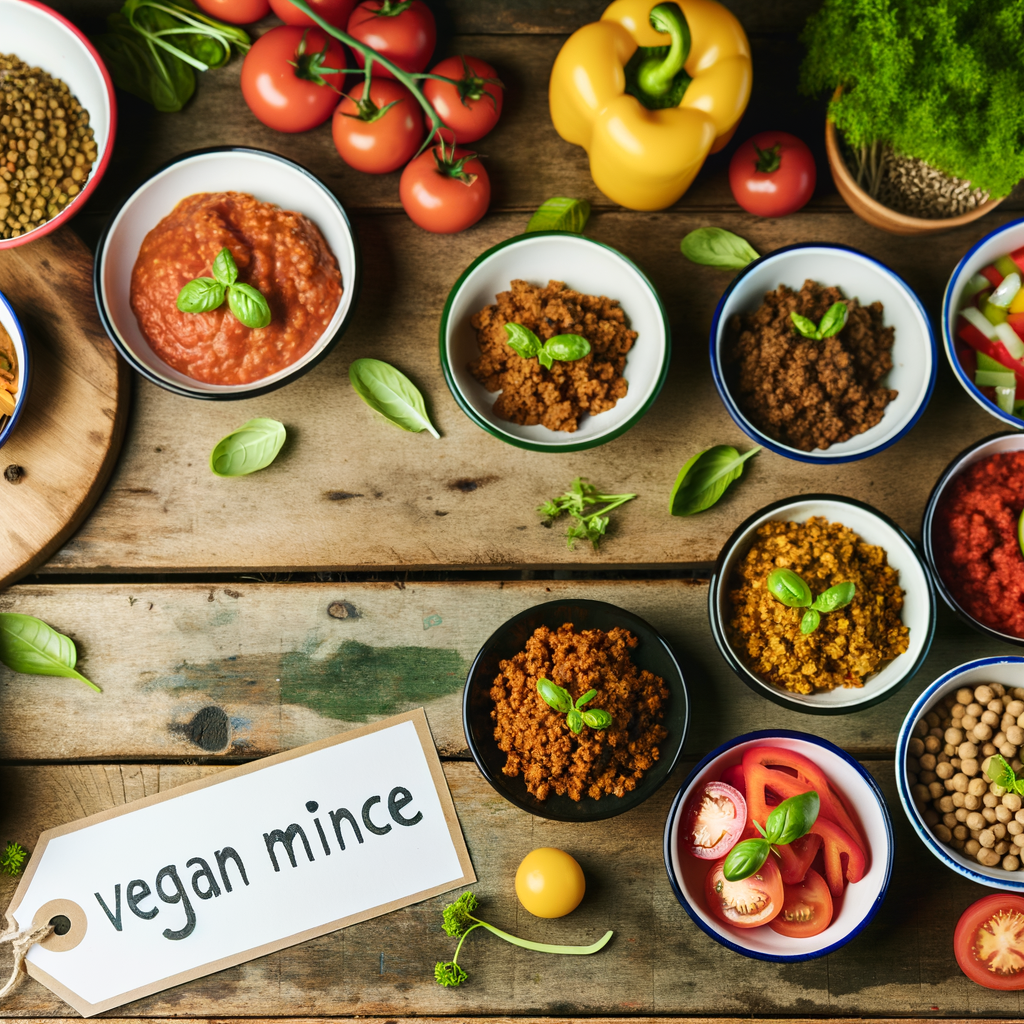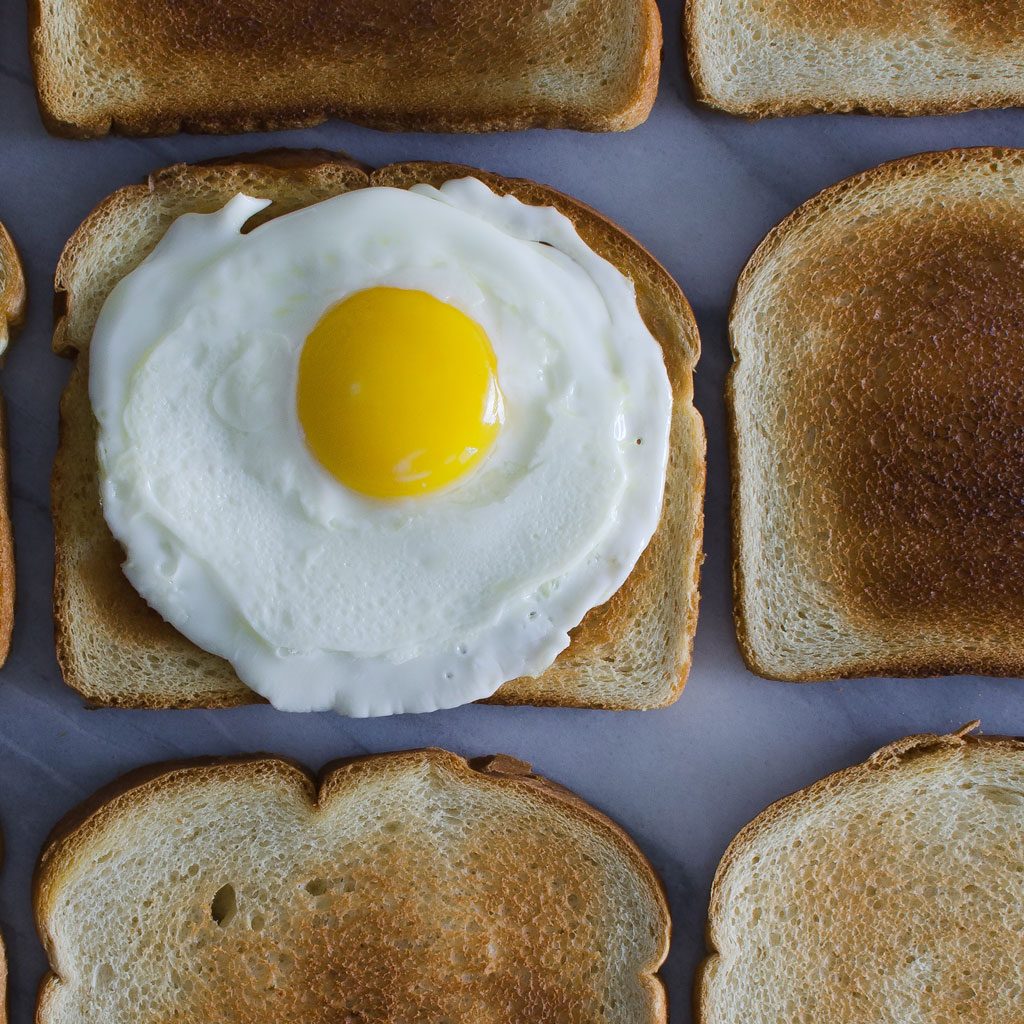Power Up with High-Protein Vegetarian Meals
For many people, the idea of vegetarianism brings questions about protein intake. Contrary to common misconceptions, you don’t have to sacrifice protein when adopting a vegetarian lifestyle. With the right meal planning and recipes, you can enjoy a nourishing, protein-packed diet without animal products. Here’s how to power up with high-protein vegetarian meals.
The Importance of Protein in a Vegetarian Diet
Protein is essential for building and repairing tissues, producing enzymes, and supporting immune function. For vegetarians, it’s crucial to find plant-based sources to meet these nutritional needs. Meeting your daily protein goals is possible and delicious with a well-planned vegetarian diet.
Protein-Packed Ingredients to Include
To ensure your vegetarian meals are high in protein, consider incorporating the following ingredients into your diet:
- Legumes: Beans, lentils, and chickpeas are excellent protein sources. They can be added to salads, soups, and stews.
- Tofu and Tempeh: These soy-based products are versatile and can be used in various dishes, from stir-fries to burgers.
- Quinoa: This superfood is not only rich in protein but also a complete protein, meaning it contains all nine essential amino acids.
- Nuts and Seeds: Almonds, chia seeds, and hemp seeds are fantastic for adding protein to snacks, smoothies, and breakfast bowls.
- Dairy and Eggs: For those who include these in their vegetarian diet, Greek yogurt, cottage cheese, and eggs are high-protein options.
High-Protein Vegetarian Meal Ideas
Creating delicious and protein-rich vegetarian meals doesn’t have to be complicated. Here are some meal ideas to inspire your vegetarian cooking.
Breakfast
- Greek Yogurt Parfait: Layer Greek yogurt with fresh fruits and a sprinkle of nuts and seeds for a protein-packed start to your day.
- Chia Seed Pudding: Mix chia seeds with almond milk and let it sit overnight. Top with berries and a drizzle of honey.
- Vegetable Omelette: Whisk eggs with your favorite veggies and some cheese for a savory and satisfying breakfast.
Lunch
- Quinoa Salad: Combine cooked quinoa with chickpeas, chopped veggies, and a lemon-tahini dressing.
- Lentil Soup: A hearty soup made with lentils, carrots, celery, and tomatoes can keep you full for hours.
- Tofu Stir-Fry: Sauté tofu with mixed vegetables and a soy-ginger glaze, served over brown rice.
Dinner
- Black Bean Burger: Make a homemade black bean burger patty and serve it with whole-grain buns and avocado slices.
- Stuffed Peppers: Fill bell peppers with a mixture of quinoa, black beans, corn, and spices. Bake until tender.
- Tempeh Tacos: Crumble tempeh and sauté with taco seasoning. Serve in corn tortillas with your favorite taco toppings.
Snacks
- Hummus and Veggies: Pair homemade or store-bought hummus with carrot sticks, cucumber slices, and bell pepper strips.
- Trail Mix: Combine almonds, walnuts, dried fruits, and dark chocolate chips for a portable protein-rich snack.
- Protein Balls: Blend dates, oats, nut butter, and protein powder into small balls for an energy-boosting treat.
The Benefits of High-Protein Vegetarian Meals
Integrating high-protein meals into your vegetarian diet offers numerous health benefits:
- Weight Management: Protein can help you feel full longer, reducing overall calorie intake and assisting in weight management.
- Muscle Health: Adequate protein supports muscle repair and growth, particularly important for those who exercise regularly.
- Overall Wellness: A balanced intake of protein is important for maintaining energy levels, supporting brain function, and fostering overall health.
Tips for Maximizing Protein Intake
To optimize the protein content in your vegetarian meals, consider these helpful tips:
- Combine Different Protein Sources: Pairing different plant-based proteins can ensure a complete amino acid profile.
- Incorporate Protein at Every Meal: Aim to include a source of protein in every meal and snack throughout the day.
- Experiment with New Recipes: Keep your meals exciting and varied by trying out new vegetarian recipes regularly.
- Use Protein Supplements if Needed: If you struggle to meet your protein needs, consider protein supplements such as plant-based protein powders.
Conclusion
Incorporating high-protein meals into a vegetarian diet doesn’t have to be challenging or monotonous. By including a variety of protein-rich ingredients and trying out new recipes, you can enjoy diverse and satisfying meals that support your health and well-being. Whether you’re new to vegetarianism or a seasoned pro, a protein-packed diet is within reach, full of flavor, and perfectly balanced.











